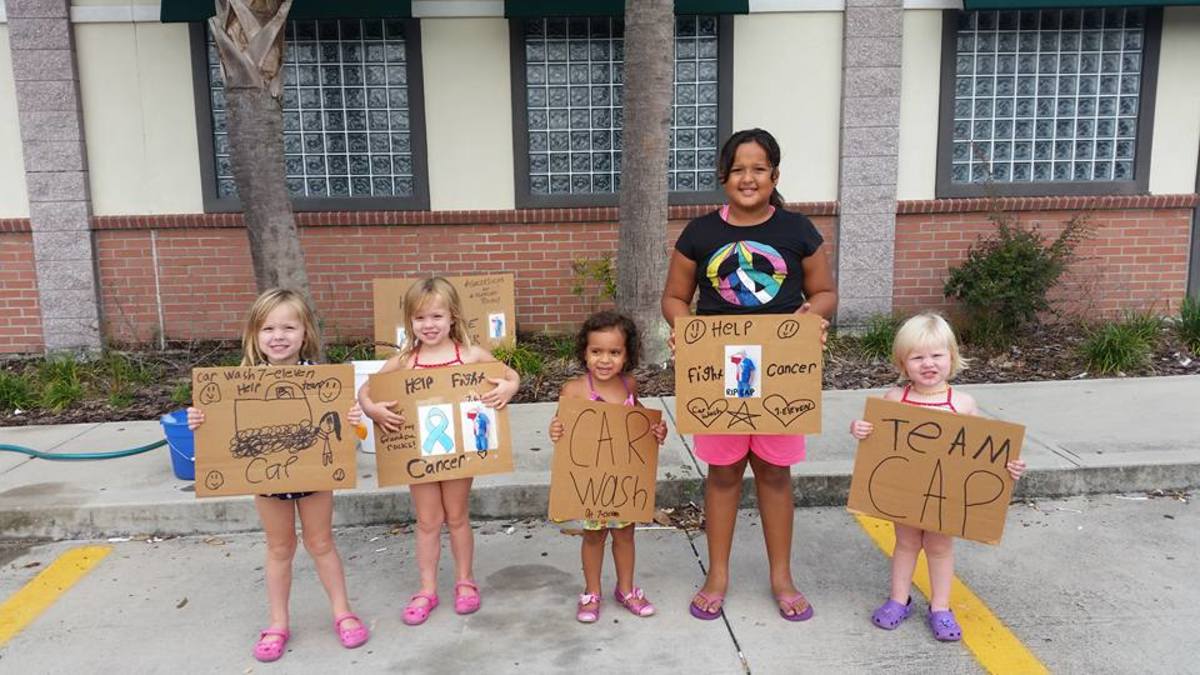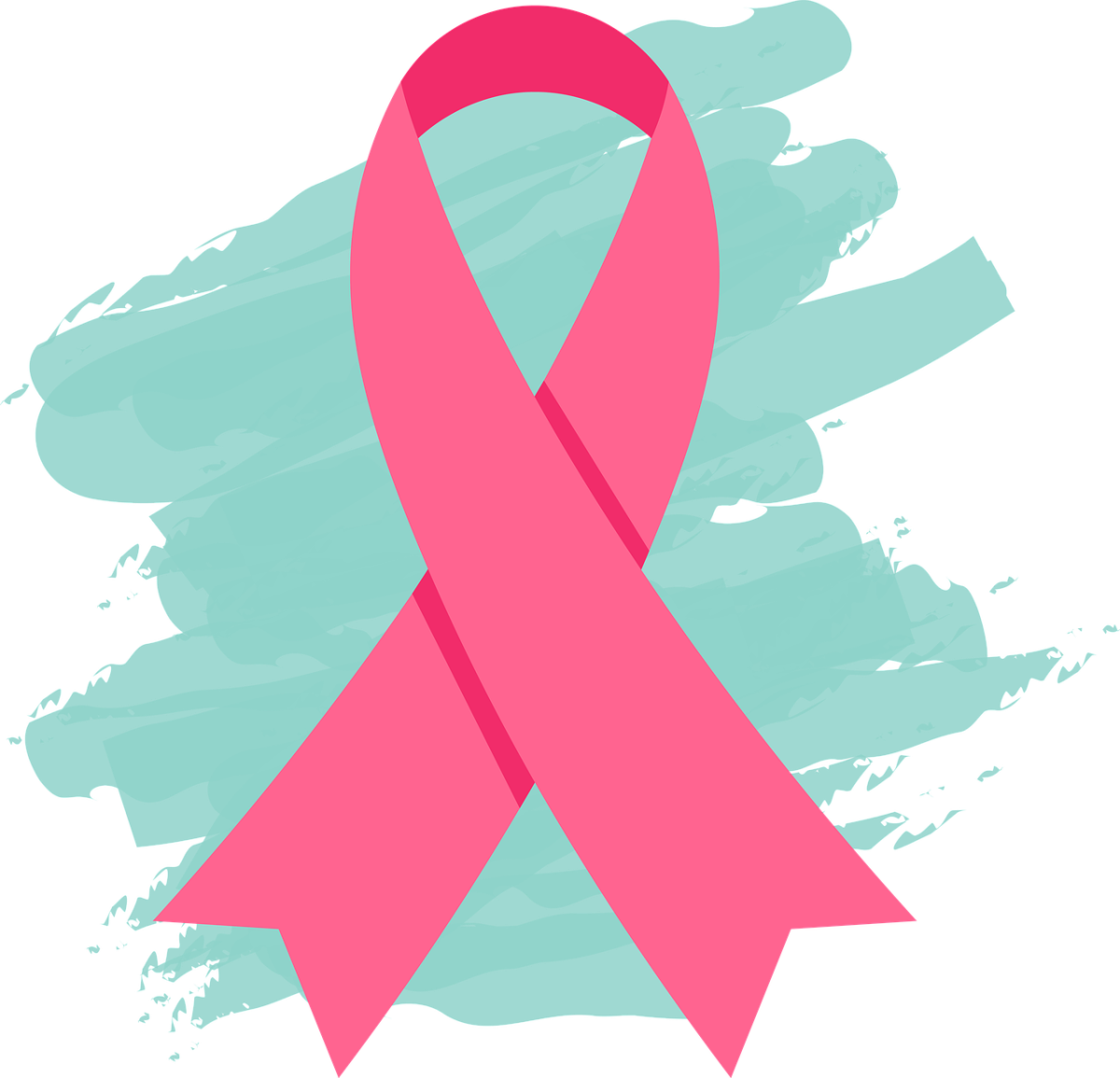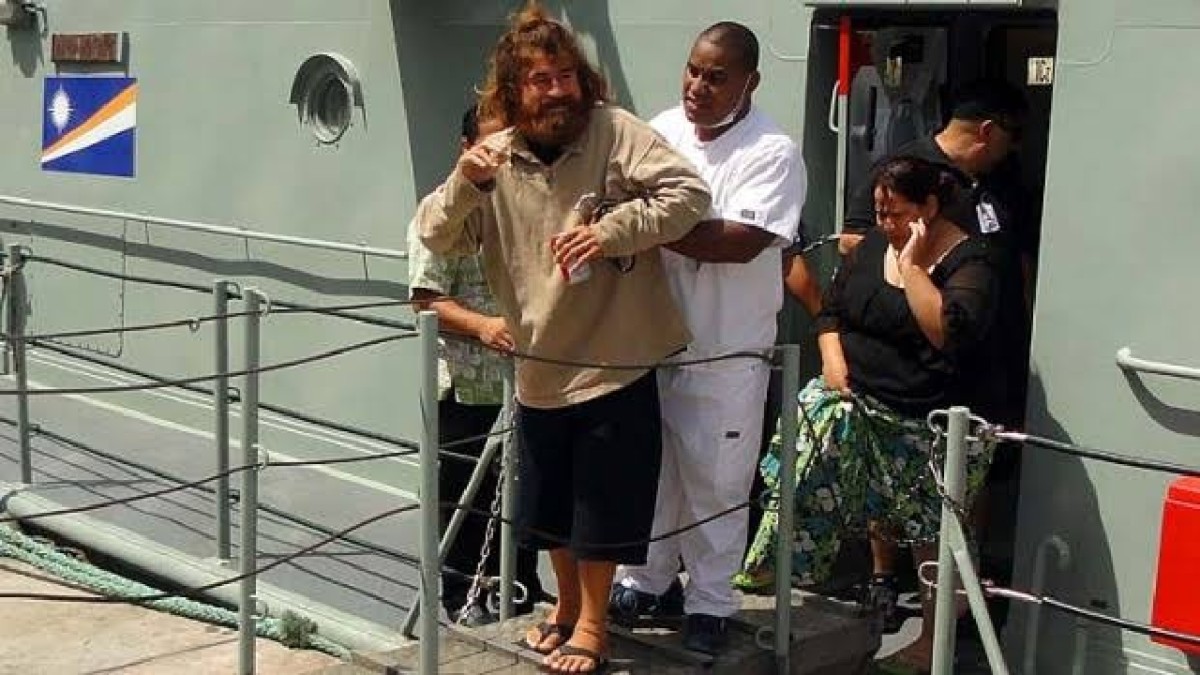How To: Coping With a Prostate Cancer Diagnosis
My Wonderful, Amazing Husband - Now Cancer Free!

The Diagnosis of Prostate Cancer
I was sitting with my then boyfriend now husband and his two children from his previous marriage. I didn’t like this. Something was up and it wasn’t good. Dave didn’t just want us all together for the fun of it. He had something to tell us.
“I have cancer,” he finally said, “Prostate cancer.”
My heart fell from my chest. I hated the word cancer. It had killed my father when I was a child. I had watched him change from a strong, healthy bear of a man to a weakened skeleton of a man. From a hard worker to someone who couldn’t even feed himself. I did not want to go through that again.
Coping With Prostate Cancer
- Share your feelings with a loved one. They are as concerned as you are. Keeping things from them in order to “protect” family members only make things worse.
- Find things to relax you. Meditation, reading, listening to music and other stress relievers will help you feel relaxed and calm.
Researching Prostate Cancer
After listening to my husband telling us about his cancer, I immediately started researching prostate cancer. I discovered that it is treatable. I discovered that many men with this diagnosis recovered fully with no ill side effects. Others survived with a variety of issues – some dealing with basic body functions and others with dealing with sex. It seemed that men did better when the prostate cancer was found early.
According to the National Cancer Institute, prostate cancer is cancer that forms in the prostate, a gland in men that is between the bladder and the rectum. It is a part of the male reproduction glands. In the last year there have been nearly 240,000 new cases of prostate cancer. About 10% of those cases resulted in death. To me, that statistic is way too high!
Coping With Prostate Cancer
- Accept that there will be changes in your life. They could be small, like taking time off for medical appointments, to huge, like quitting a job to concentrate on your treatment. It can also be anything in between – having to rely on others for support instead of being the supporter.
- Remain close to your loved ones. Having cancer is not contagious. They need your support and comfort as much as you need theirs. Don’t push them away.
Discovery of Prostate Cancer and the Aftermath
My husband discovered his prostate cancer when he began having trouble urinating. He went to the doctor after about a month of this – he is a man and hates the doctor! He was expecting to be told he had an enlarged prostate. He was shocked when he heard the news.
Dave likes to keep his health problems to himself. In his mind, he is being noble by keeping the unsettling details to himself. He feels that he would just worry me more and more by telling me what is going on. Although I understand what he is trying to do, and appreciate it, he doesn’t understand how much I worry because I don’t know what is going on.
When he first found out he had prostate cancer, we were not yet married. He was working for a company that did not provide insurance. He found a clinic that was performing clinical trials for prostate cancer and began receiving the latest treatments for no cost to him. He just had to agree to follow the strict regimen and rules that they laid out. He was okay with this because he knew that their treatment would be the newest – and perhaps the best – treatment available.
Coping With Prostate Cancer
- Take time away. Go to the lake. Take that trip you have always wanted to do, if your treatment permits. If you must stay close to home, then go to the park and just enjoy life. Don’t devote all of your time to your disease.
- Accept help from family and friends. Accepting help does not mean you are weak. It just means that you know your limits.
- Use this as a chance to become even closer to your family and friends. They are all going through this with you. They see the highs and lows, the ups and downs. Share your experience with them and allow them to help you cope. You can help them cope, as well.
Living With Prostate Cancer
In the time since is diagnosis nearly four years ago, Dave has had his ups and downs. Ups when the treatments worked and downs when it seemed that nothing would work. Ups when it looked as if the tumor was nearly gone, downs when it was back as big as ever. In that time, I have learned to be patient with him and let him tell me anything about his health on his own time. There is always a possibility of surgery there, as well. Dave wants the surgery only as a last resort. He is afraid of the changes that may come because of it. Impotence, bowel issues and the lack of ability to urinate are among the top side effects of the surgery. Although many men fully recover from this surgery with no ill effects, there are many who suffer myriad effects, including incontinence and erectile dysfunction. There is also the chance that even if the tumor is removed it could grow back.
According to Prostate-Cancer.com, the chances of total incontinence is less than 5%, although many men will have anything from leakage to stress incontinence and must wear protective undergarments. They also say that up to 68% of men will have the “return of erectile function,” depending on the type of surgery they receive and the age of the man involved. Of course, the younger the man the better the outcome.
My husband sees these statistics and quotes them as the reason he does not want to have the surgery. I tell him again and again that I would rather him be alive and wearing protective undergarments than be dead and not have to use them. He still doesn’t see things my way. I try to understand this. I know that it is an issue of manly pride. And he has told me that if it becomes the only option, he will have the surgery. Thankfully, it hasn’t come to this yet.
Coping with prostate cancer – or any long-term illness for that matter – is stressful for the person involved and for the whole family. In my case, it means my husband must work fewer hours causing a strain on our finances. Which means we have to do without some things and settle for less on other things. It also means that I have to watch my husband on the days that his illness is at its worst and not be able to do anything about it. Luckily, there are enough good days at this point and that makes it all worth it.
© 2013 LaDena Campbell








